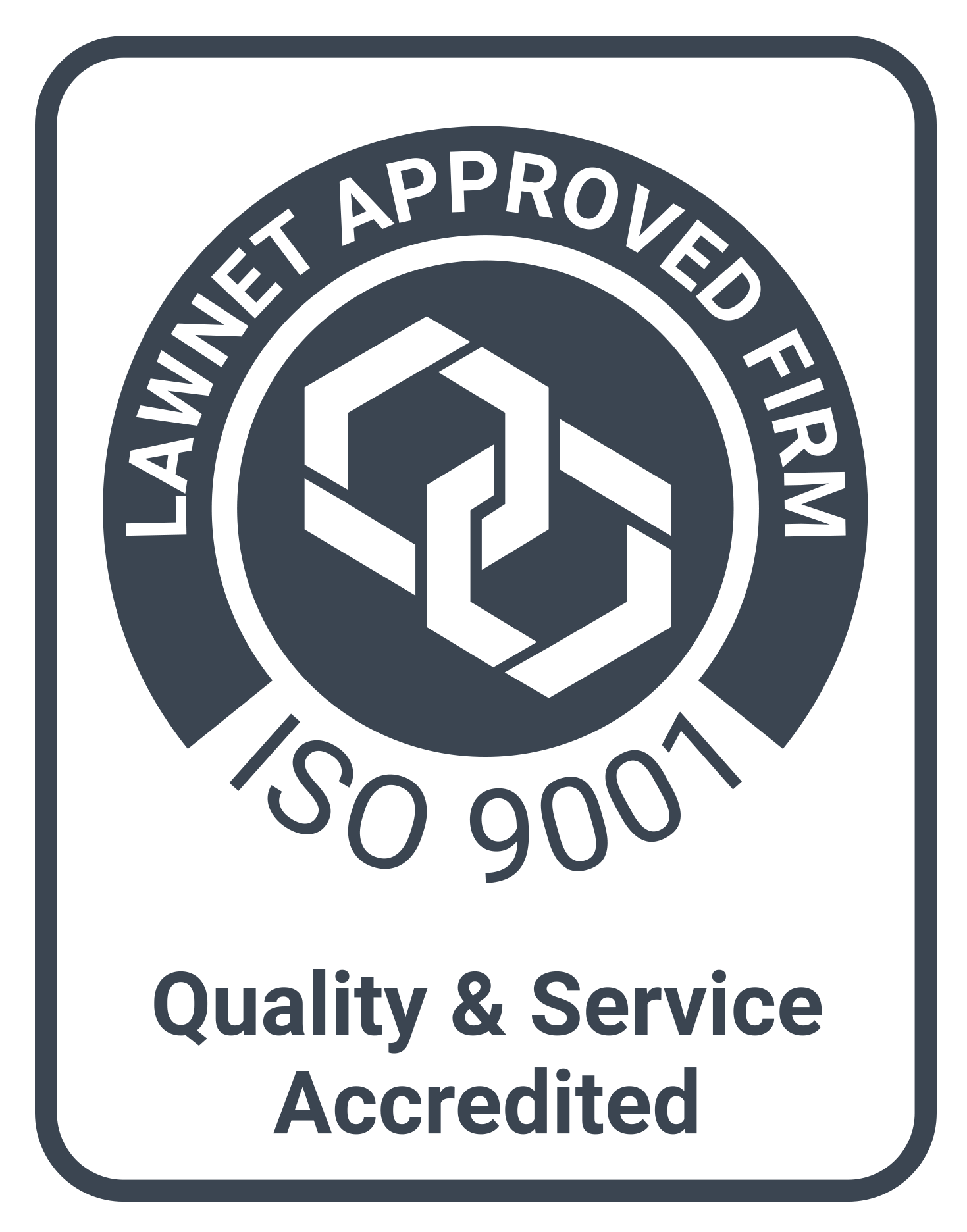Tax year end – five ways to make the most use of your annual allowances
One of the foundations of financial planning is to make use of your annual tax allowances. It’s even more important now as these allowances seem to be getting squeezed more and more, increasing our tax burden.
As tax year end (5th April) approaches, there are still opportunities for some prudent financial housekeeping, here we share our best five strategies.
Your ISA allowance – Use it or lose it!
ISAs can be a great way of making your money work harder for you, as any money you put in to them is free of any further liability to Income Tax or Capital Gains Tax – so no tax on your interest, no tax on withdrawals and no tax on the profits. You can put up to £20,000 per person into an ISA this tax year (ending 5 April).
One of the few downsides is you can’t carry forwards any ISA allowance you don’t use in a single tax year – so use it or lose it before 5 April.
Pay what you can into your pension (whilst you still can)
Generally speaking, a pension is a tax-efficient way of saving for your retirement and due to greater choice and flexibility, it’s a more attractive option for retirement savers than ever before.
It’s worth thinking about topping up your pension as much as you can before the end of this tax year (5 April) and making use of any unused allowances from previous tax years. It is possible the Government might change the tax allowances available to you – so use them whilst you can.
Giving (or at least gifting) your cash away – yes this can be a good strategy!
Inheritance tax is a whopping 40%. As there is going to be the biggest ever intergenerational transfer of wealth over the coming years, it’s likely that the Treasury will be rubbing its hands. One of the easiest, and potentially most rewarding, ways to reduce a future Inheritance Tax (IHT) bill, is to give some of your wealth away during your lifetime and use your gifting allowance before 5 April.
Both you and your partner or spouse can each pay your children or grandchildren up to £3,000 a year and it will be deducted from your total estate if you die. As an added bonus, if you didn’t use your entire allowance last year you would be allowed to carry it forward and gift a maximum of £6,000 each (presuming you didn’t use any of your allowance last tax year).
Assess your assets – before the Capital Gains tax free allowances are reduced
Capital Gains Tax (or CGT) is one of the most complex taxes to understand, so it’s no wonder that people fall into the trap of paying unnecessarily or end up being fined for not paying when they should. This is also made worse by the myth that only the very wealthy are likely to have to pay it.
You’re liable for CGT when you sell an asset at a profit. This could be anything from a second home to stocks and shares. There’s a tax-free allowance of £12,300 for this year, then after that the rate is dependent on the level of income tax you pay – 10% for basic-rate taxpayers and 20% for higher-rate payers (and 18% and 28% respectively if you’re selling a property).
The Government has already reduced the tax-free allowance for individuals to £6,000 for tax year 23/24, reducing further to £3,000 in 24/25 – so it’s worth making the most of this year’s allowances and current rates if you can.
And a pension tip for Directors of Limited Companies and the Self employed
Pension contributions are a hugely tax efficient method of extracting money from your business. If you make an Employer contribution to your pension, they are treated as an expense to your business. So not only are you benefitting your future self by putting aside money for your retirement, you will also save on Corporation tax. Of course, your own company year end may not be aligned with tax year end so please be aware of this. Similarly, it is also very tax friendly to make pension contributions if you are self employed as you will also receive tax relief on your contributions.
For a free initial consultation to discuss making the most use of your annual tax allowances, simply click on the “Speak to Our Experts” button on this page, call us on 01244 356 789 or email info@cullimoredutton.co.uk
Please note: This article is provided for information only and must not be considered as financial advice. We always recommend that you seek independent financial advice before making any financial decisions.
Levels, bases of and reliefs from taxation may be subject to change and their value depends on the individual circumstances of the investor.
The value of your investment can go down as well as up and you may get back less than you have invested.
The Financial Conduct Authority does not regulate Taxation advice.





